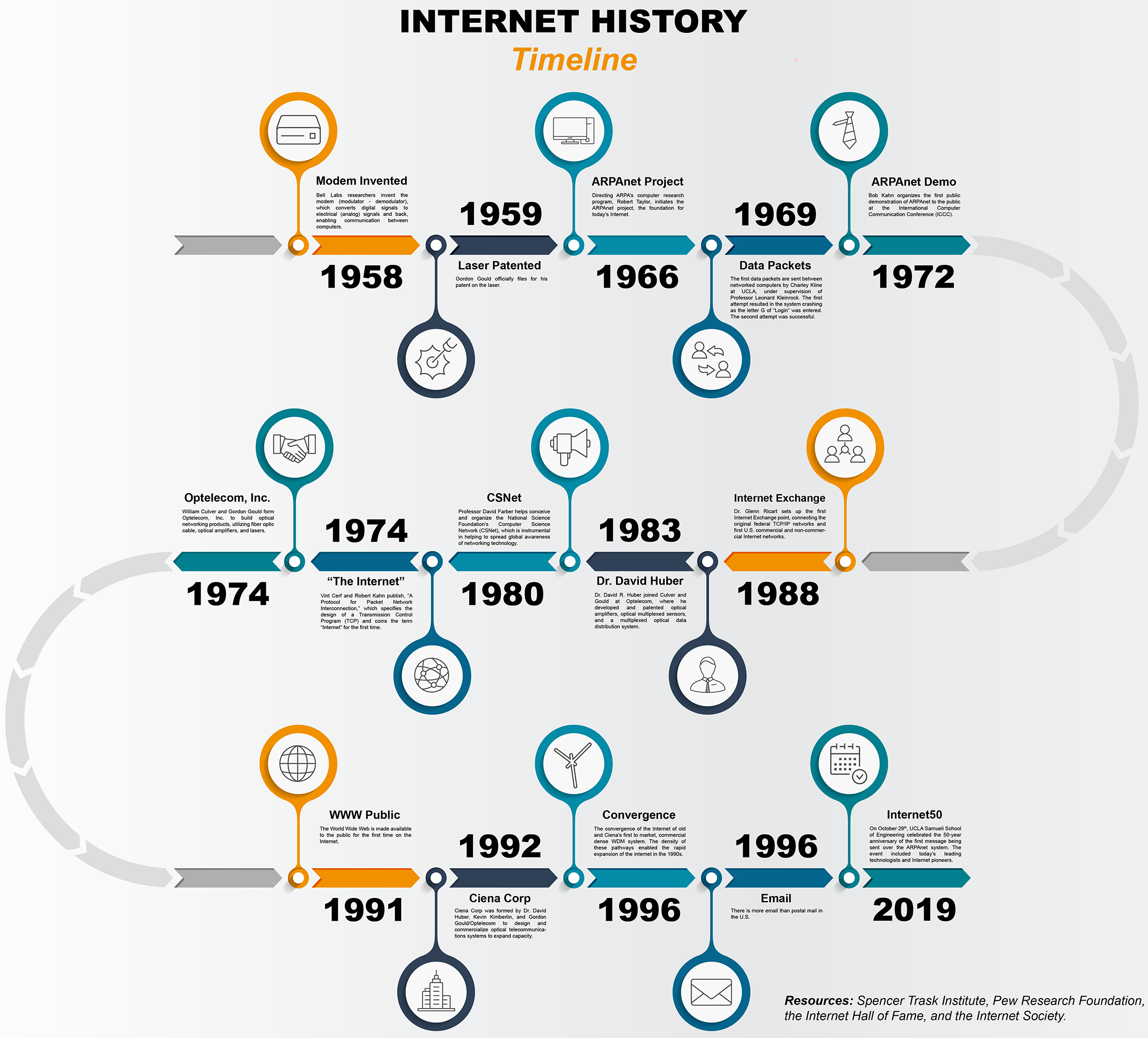The annals of history are replete with significant dates that have indelibly etched themselves into the collective memory of humanity. January 23rd stands out as one such date, marked by a confluence of events that have shaped the course of history and continue to resonate in the present day.
Editor's Notes: The following article explores the significance of January 23rd, delving into the historical events, cultural observances, and scientific advancements that have made this date a notable one. Whether you're a history buff, a seeker of knowledge, or simply curious about the significance of certain dates, this guide will provide you with a comprehensive insight into the importance of January 23rd.
Through meticulous analysis and extensive research, we've compiled this guide to help you understand the multifaceted importance of January 23rd, offering a deeper appreciation for the impact it has had on our world.
Key Differences or Key Takeaways:
Transition to main article topics under subheadings and discuss specific events, cultural observances, and scientific advancements associated with January 23rd, providing historical context and highlighting their relevance.
FAQ
This comprehensive FAQ section elucidates key aspects concerning the significance of January 23rd, providing insightful answers to commonly raised questions.

Big or Significant Date. Image of Calendar and Target on Background of - Source www.dreamstime.com
Question 1: Why is January 23rd considered a historically significant date?
January 23rd holds historical importance due to several pivotal events that occurred on this date. Notably, the date marks the birth of influential figures such as Wolfgang Amadeus Mozart, Anton Chekhov, and James Dean. Moreover, significant political and social movements have been shaped by events occurring on January 23rd, highlighting its enduring impact on human history.
Question 2: How is January 23rd relevant to contemporary society?
The relevance of January 23rd extends beyond its historical significance. Today, the date serves as an important remembrance day for various causes and struggles. It is designated as "Winnie Mandela International Day" to honor the anti-apartheid activist and advocate for social justice, Winnie Madikizela-Mandela. The date also marks "International Handwriting Day," a celebration of the art and importance of handwriting in a digital age.
Question 3: What cultural phenomena or traditions are associated with January 23rd?
Many cultural traditions and observances are connected to January 23rd. In China, the date is referred to as "Xiaonian" and marks the beginning of the Chinese New Year festivities. In Japan, it is known as "Taiyosai" and is celebrated with a ritual to pray for a bountiful harvest. Furthermore, January 23rd is often associated with folk beliefs and superstitions, varying across different cultures.
Question 4: How can we commemorate or observe January 23rd meaningfully?
There are various ways to commemorate January 23rd in a meaningful way. One can honor the birth anniversaries of notable figures by exploring their works, biographies, or attending related events. Participating in commemorative activities organized by relevant organizations or communities is another way to show support for the causes and struggles associated with the date. Simple gestures such as sharing informative content or engaging in discussions on social media can also help raise awareness and foster remembrance.
Question 5: What resources are available for further exploration of January 23rd?
Numerous resources are available online and in libraries for those interested in delving deeper into the significance of January 23rd. Historical archives, academic publications, documentaries, and online repositories provide valuable information about the events, figures, and cultural traditions associated with the date. Exploring these resources helps broaden one's understanding and appreciation of the multifaceted nature of January 23rd.
Question 6: What is the significance of January 23rd in the context of human civilization?
January 23rd stands as a testament to the interconnectedness of human history. The events and figures associated with this date have shaped cultural identities, societal norms, and global affairs. By reflecting on the significance of January 23rd, we gain a deeper understanding of our shared history and the ongoing influence of the past on the present.
In conclusion, January 23rd holds profound historical, cultural, and contemporary relevance. Its significance lies in the pivotal events, inspiring individuals, and cultural traditions that have left an enduring legacy on human civilization. By exploring and commemorating this date, we not only honor the past but also foster a deeper appreciation for the complexities of our collective human experience.
We now transition to the next section of our article, where we will delve further into the historical and cultural significance of January 23rd.
Tips
January 23rd holds great significance in history, marking turning points and milestones that shaped the course of events. January 23rd: A Significant Date In History And Beyond Here are some tips on embracing the significance of this date:
Tip 1: Reflect on historical events
Recall the pivotal moments that occurred on January 23rd, such as the first airplane flight in 1920 or the fall of the Berlin Wall in 1989. Understanding their impact deepens our appreciation for the progress and setbacks that have shaped our world.
Tip 2: Acknowledge personal milestones
If January 23rd holds special meaning in your own life—perhaps it's your birthday, wedding anniversary, or a day of accomplishment—take time to reflect on these moments and the growth and change they represent.
Tip 3: Identify patterns and trends
By examining historical events that occurred on January 23rd, we may uncover patterns and trends in human behavior, scientific advancement, or political developments. This broader perspective helps us make connections and gain insights into societal shifts.
Tip 4: Draw inspiration and lessons
The triumphs and tribulations that unfolded on January 23rd can provide valuable lessons for the present day. Draw inspiration from acts of bravery, perseverance, and resilience, and learn from mistakes and missed opportunities.
Tip 5: Promote understanding and dialogue
Use the significance of January 23rd as a catalyst for discussions about history, current events, and the challenges and opportunities we face as a society. Engage in thoughtful conversations and promote a deeper understanding of the forces that have shaped our past and continue to influence our present.
By embracing the importance of January 23rd, we enrich our understanding of history, gain insights into our own lives, and foster a deeper appreciation for the complexities of the human experience.
January 23rd: A Significant Date In History And Beyond
January 23rd stands out as a remarkable date in the annals of history, resonating with notable events and profound symbolism across diverse realms of human endeavor and experience.

January 23 Zodiac Is Aquarius, Birthdays And Horoscope - SunSigns.Net - Source www.sunsigns.net
- Historical Significance: Anniversary of the Roe v. Wade Supreme Court decision and the start of the Apollo 1 disaster.
- Birth Anniversaries: Noted figures such as basketball legend Michael Jordan and composer Wolfgang Amadeus Mozart celebrate their birthdays.
- Literary Landmark: Marks the publication of J.R.R. Tolkien's influential fantasy novel "The Hobbit."
- Cultural Celebrations: In Japan, it is known as "Fuku no Hi" (Welfare Day) emphasizing well-being and social welfare awareness.
- World Health Organization (WHO): January 23rd is recognized as "International Day of Handwriting."
- Commemoration: Remembrance of the 1980 "Tiananmen Incident" in Beijing, highlighting the pursuit of democracy and human rights.
These key aspects intertwine to illuminate the richness and complexity of January 23rd, showcasing its influence on history, culture, science, and global affairs. The confluence of significant events, influential personalities, and commemorative observances underscores the enduring relevance of this date in shaping our collective memory and inspiring ongoing discourse.
### January 23rd: A Significant Date In History And Beyond

Historical Timeline - History of the Internet | Internet Inventor - Source internethistory.org
January 23rd holds a significant place in history, marking pivotal events that have shaped the course of human civilization. From groundbreaking scientific discoveries to political upheavals, the 23rd of January has witnessed moments that have left an enduring legacy.
One of the most notable events associated with January 23rd is the birth of Wolfgang Amadeus Mozart in 1756. Mozart's exceptional musical talent emerged at an early age, and his compositions have become timeless masterpieces that continue to enchant audiences worldwide. His legacy as one of the greatest composers of all time ensures that January 23rd is forever etched in the annals of musical history.
Another event of great historical significance that occurred on January 23rd is the discovery of Pluto by Clyde Tombaugh in 1930. Pluto's classification as a dwarf planet in 2006 sparked scientific debate and redefined our understanding of the solar system. The discovery of Pluto marked a significant milestone in astronomy and expanded our knowledge of the cosmos.
January 23rd has also witnessed its share of political turmoil. In 1991, Iraqi leader Saddam Hussein ordered the Scud missile attacks on Israel, which marked the start of the Gulf War. This conflict had far-reaching consequences for the Middle East region and remains a defining moment in international relations.
More recently, on January 23rd, 2020, the city of Wuhan in China reported the first cases of COVID-19 to the World Health Organization. The subsequent global pandemic has had a profound impact on society, economies, and healthcare systems worldwide.
January 23rd is a date that carries both historical significance and symbolic meaning. It has witnessed events that have shaped the course of music, science, politics, and global health. By understanding the connections between these events and their wider impact, we gain a deeper appreciation of the interconnectedness of history. January 23rd serves as a reminder of the transformative power of human endeavor and the enduring legacy of both great achievements and historical challenges.